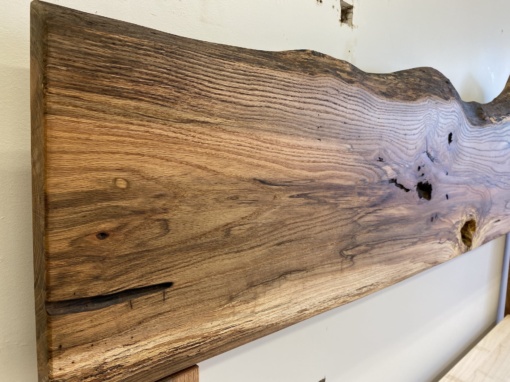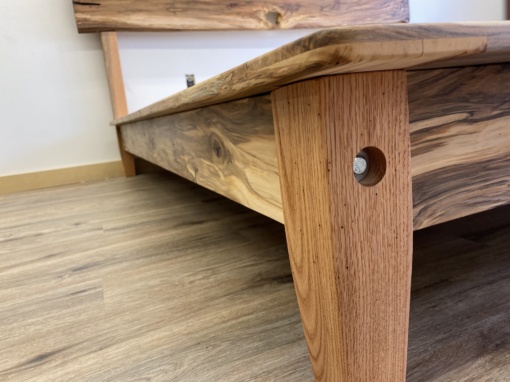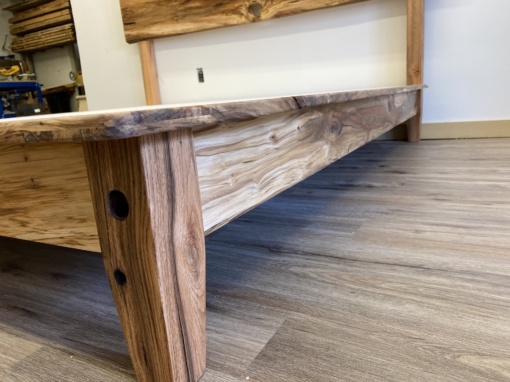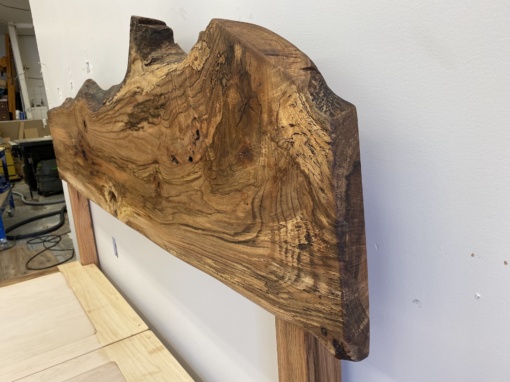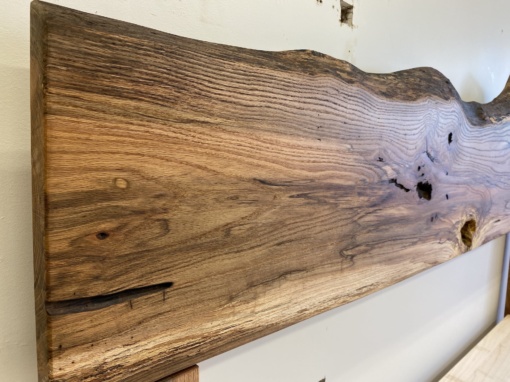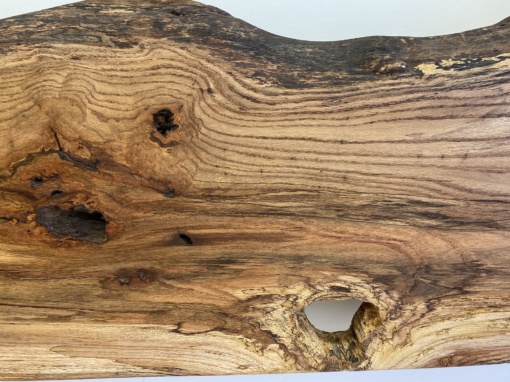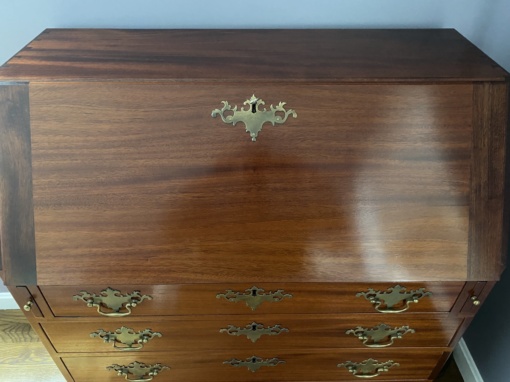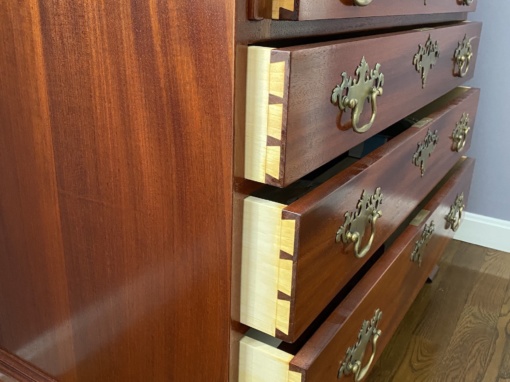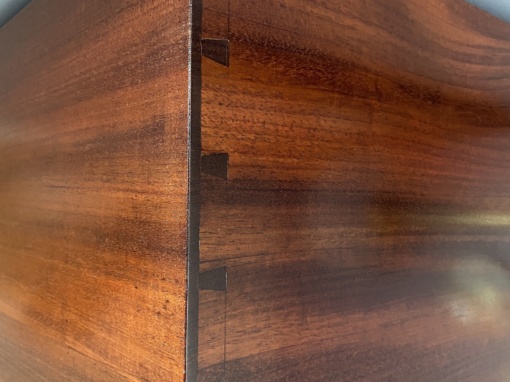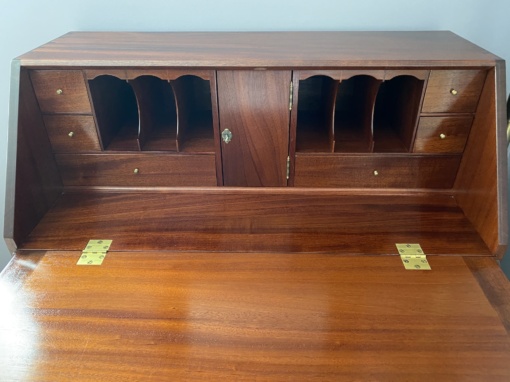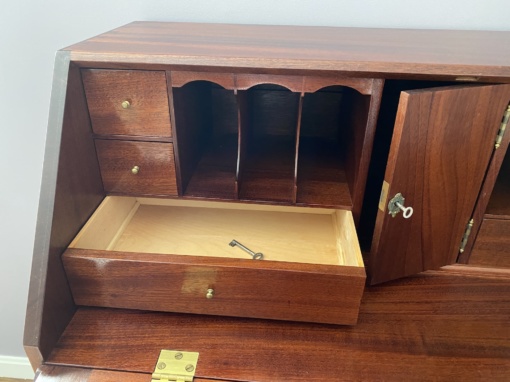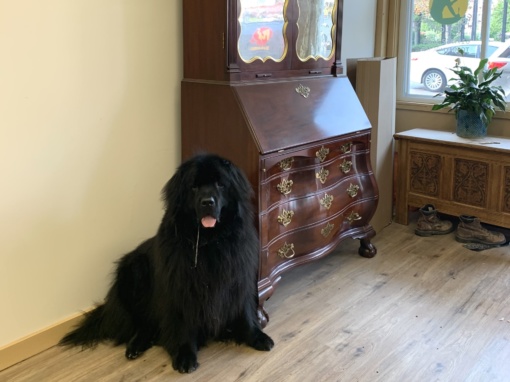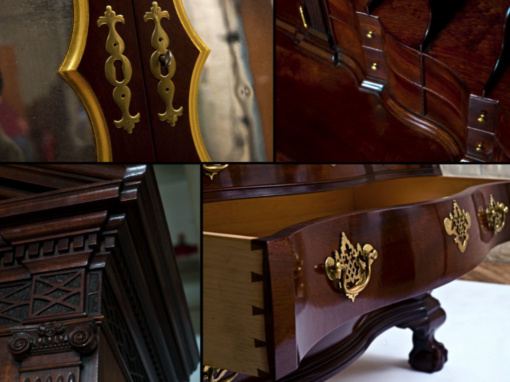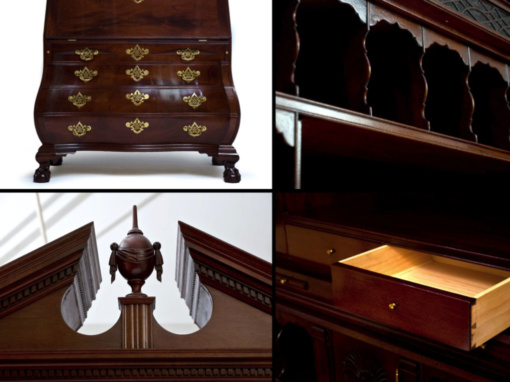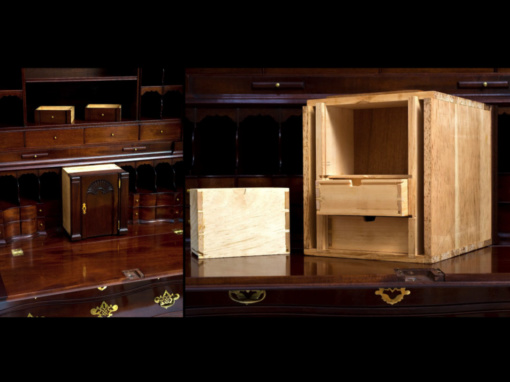 A safe and welcoming home needs protection from fire, water damage, pests and intruders. |
Guarding against lawsuits from someone injured in your home is critical. Many accidents can avoided with proper maintenance and simple, common-sense precautionary measures. “Maintenance is an important facet of risk management in a home,” says Loretta Worters from the nonprofit Insurance Information Institute. The other key protection for homeowners is insurance.
Insurance
Make sure you carry enough insurance to cover the cost of replacing your home and everything in it. Review your policy annually and make adjustments if needed. A large number of insurance claims can lead to higher premiums, so it pays to stay safe.
As a minimum for insuring a house, companies look for it to be in compliance with building codes, that the heating, plumbing and electrical systems are in good operating order, and that all stairs and walkways leading into and out of the home are safe to navigate.
The largest number of insurance claims are due to water damage. However, payouts for claims due to fire are higher. “Fire tends to generate larger losses because when they occur they tend to be more catastrophic,” says Tim Bowen, director of homeowner claims at the MetLife Auto & Home insurance company. “Water losses are more frequent because of the number of appliances and plumbing systems and because of customers making mistakes.”
Fire
Cooking is the leading cause of home fires, according to the National Fire Protection Association. The risk of kitchen fires can be lowered by never leaving food cooking unattended, cleaning your oven and stove to prevent grease buildup, and having an all-purpose fire extinguisher within reach. Heating systems are another major culprit. Fireplaces, electric and kerosene heaters, wood stoves, oil and gas-powered furnaces, and boilers all need to be serviced regularly.
Faulty wiring also causes residential fires. Make sure your wiring is up-to-date and that your main electrical panel is big enough. “It’s critically important that you don’t overload electrical circuits or cords,” says Tim Bowen, director of homeowner claims at the MetLife Auto & Home insurance company. Keep use of extension cords at a minimum and don’t run them under carpets or furniture. Make sure the light bulbs in your fixtures are the wattage recommended by the manufacturer or they can overheat. Candle fires are increasingly common as more people use them for scent or mood-setting. “They appear very innocent but they tend to lead to many fire losses,” Bowen says. Other common causes of fires are dryer vents plugged with lint, improperly stored and operated emergency generators, and matches in the hands of children.
Install smoke and carbon monoxide detectors throughout the house and replace batteries every 6 months. The entire detector should be replaced every 5 years if it is battery-powered and every 10 years if it is hard-wired. “That’s really an inexpensive fix that can do so much for you,” says Jeff McCollum of State Farm Insurance.
 Stairways should be clutter-free, have sturdy handrails and banisters, and have carpet securely attached. |
Water Damage
Water or freezing account for about 25 percent of insured homeowners’ property damages. Old hoses in washing machines often break, causing major flood damage. Check hoses at least once a year for wear and consider replacing rubber hoses with stainless steel. If the washer is in an upper level, install an overflow pan linked to a drain to avoid possible flooding, floor and ceiling damage. Water heaters need to be checked regularly for leakage, rust and corrosion, especially as they near the expiration of their warranty. Dishwashers, icemakers in refrigerators, backed-up toilets and overflowing bathtubs also cause water damage. “Make sure the water shutoff valve is in working condition and that you know how to use it,” Bowen says.
Falls and Accidents
Walkways need to be kept free of toys, electrical wires and other trip hazards. Spills need to be cleaned immediately and the bathroom floor kept dry. Carpets or throw rugs need to be anchored to the floor. A visitor may be covered if he or she slips on a throw rug or unsecured carpet, but residents generally are not covered.
Keep stairways well-lit and clear of clutter. Make sure stairways have sturdy railings and check the stair codes to make sure your risers are not too steep or your treads too narrow. If you have small children, install safety gates.
Poisonous Gases and Chemicals
Make sure your heating systems are maintained. If your home uses propane gas and you smell it, turn off all flames, evacuate the house and call your propane provider. If you’re warming up your car in the garage, open the door to avoid carbon monoxide poisoning. Store all household cleaners, hobby chemicals, gasoline and other poisonous or flammable products where they cannot be reached children or ignited by a spark or flame.
Mold, Household Pests and Pets
Most standard policies don’t cover mold or termites. If mold has been detected in the property in the past, insurance companies will likely want to see a certificate of mold remediation by an expert before insuring it. Leaking pipes create water damage and promote mold growth, leading to expensive mold remediation, Worters says.
Termites cause major damage to homes, so check for them periodically and get rid of them at the first sign. For a property that has had termites, they will probably require a certificate of remediation and, if the infestation has been severe, an inspection of the residence must verify that it is structurally sound.
As for pets, insurance companies pay out hundreds of millions of dollars every year in claims for dog bites. If you have an aggressive dog, make sure it’s trained and remains under control.
Electronics and Security Systems
Protect your electronic equipment from power surges and lighting strikes with surge protectors. As homeowners invest thousands of dollars in home entertainment centers, computers, fax machines and printers, the payout for insurance claims “is going through the roof,” McCollum says. “Surge protectors are cheap.” Electronic security systems can help protect your family from burglaries and personal crimes.
Finally, use deadbolts on your exterior doors and locks on your windows and sliding glass doors to protect yourself and your family. Consumers are generally eligible for insurance premium discounts if they have smoke detectors, burglar alarms and deadbolts. The discount can be a little higher if the fire and burglar systems are linked to a centralized reporting system that can trigger a response from fire or law enforcement officials even if no one is home.
Credit: Renovate Your World


